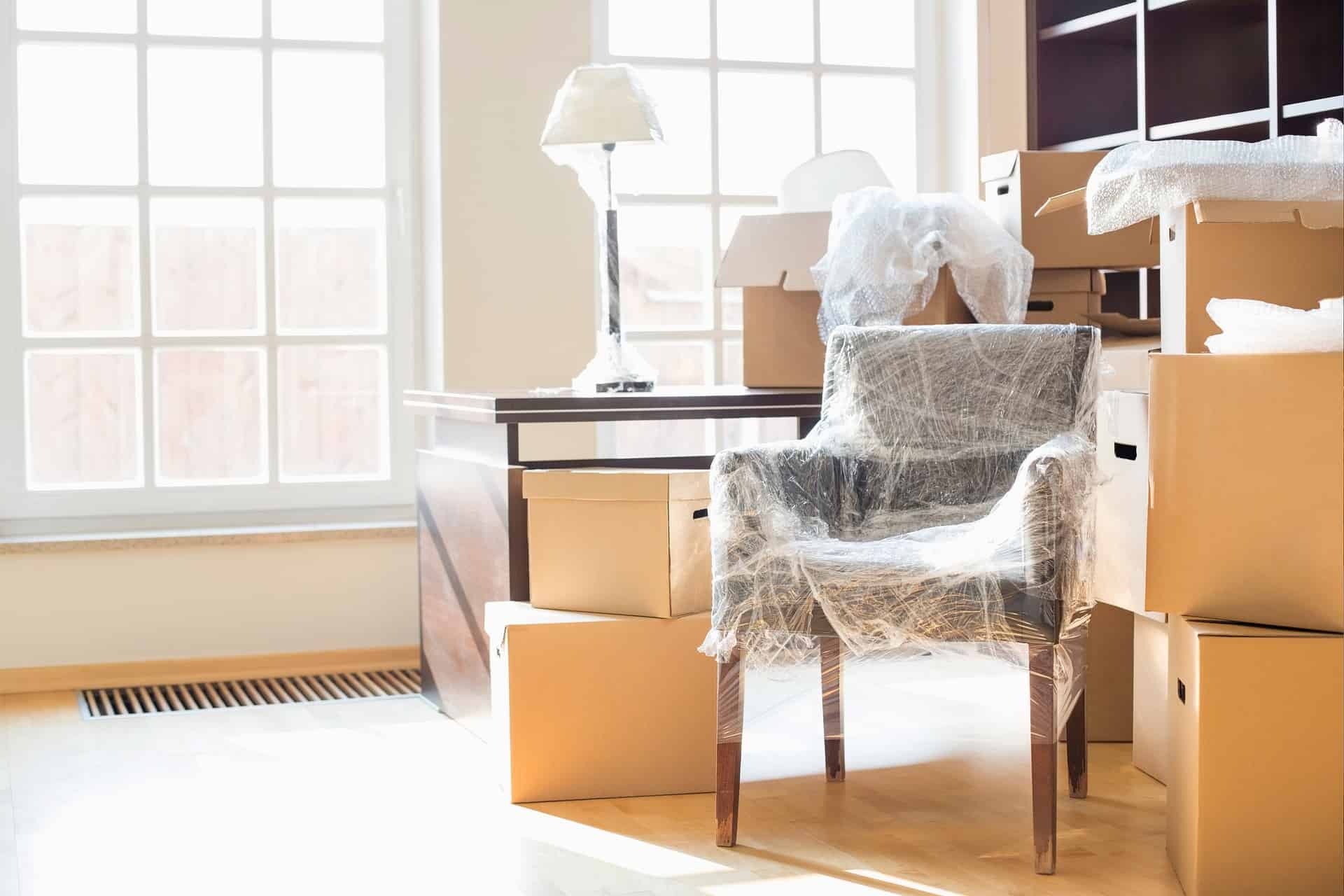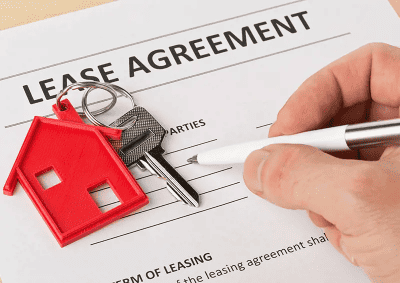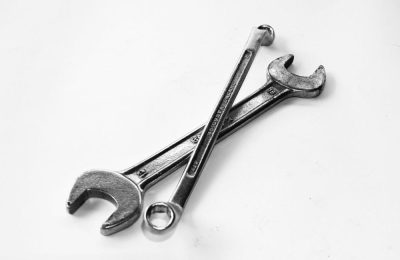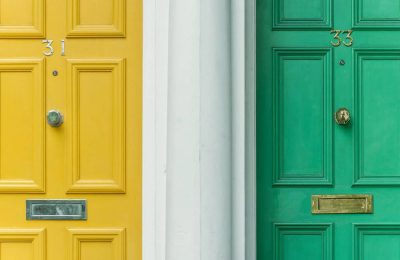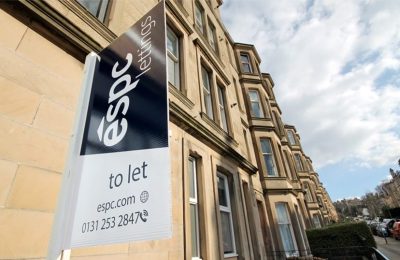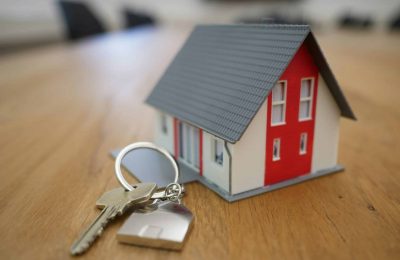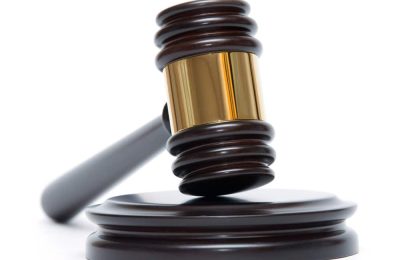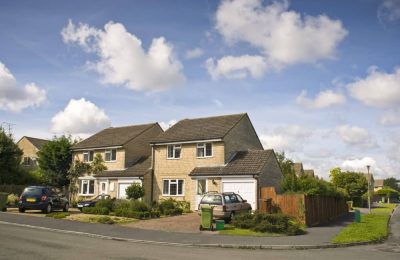If you’re a first-time renter, you may be wondering what it takes to find the perfect flat for your needs and budget.
Finding an affordable rental can be difficult if you don’t know where to start. We have some tips that will help you get started on finding the right place for you.
Start with the basics
Make sure you have a good idea of your budget before you start looking at apartments. You should also think about what type of neighbourhood you would like to live in, and whether you are willing to compromise on certain aspects such as location and/or property size.
Once you have your budget figured out, it is time to look into different neighbourhoods. There are many factors that go into choosing a neighbourhood, but here are three important ones to consider:
- Location
Location is probably the most important factor when trying to find a flat. If you are going to commute to work every day, then you need to make sure that there is an easy access to public transportation. Also, if you plan on having children, you may want to choose a neighbourhood that has schools nearby.
- Amenities
Amenities are another important factor to take into consideration when searching for an apartment. Do you prefer a big garden? Or do you prefer a nice view? These are all things that you should keep in mind while looking for an apartment.
- Rent level
Cost is always a major concern when renting a flat. The rent level of a flat depends on a variety of factors including location, amenities and the condition of the property, as well as the structure of the building itself.
Becoming a first-time flat renter
Renting for the first time can be both exciting and intimidating. You need to consider a number of things and ask yourself some important questions before moving:
Can you afford to make all of your payments on time each month?
If you have a job and can pay the rent in full every month, then you’re good to go. But if you’re living paycheck-to-paycheck or you’re just starting out, you may need to consider it thoroughly.
Consider the cost of moving.
If you have a large amount of belongings to move, you may want to consider hiring movers for easy transfer. It is important that you are aware of what items you will need to pack and how much space they take up. It is also helpful if you know where you’re going to put them in your new-found home so you can make sure everything fits.
If you plan on using a professional mover, make sure to get the best deal possible. You can find moving companies like Kings Removals that offer estimates and quotes online or by calling them directly.
Is there parking available at the property?
Parking is a very important factor to consider when you have a car. You need to know if there will be ample amount of on-site parking.
Is there a security deposit required?
A security deposit is a sum paid to the landlord in case of damage or missing items. The amount charged cannot exceed the value of two months’ rent in Scotland and the landlord is legally obliged to transfer it to one of the three Scottish Government’s approved tenancy deposit protection scheme.
Do you need furnished or unfurnished space?
If you are looking for a flat in the city, then you should know that there is no such thing as a one-size-fits-all solution. There are many factors to consider when choosing between furnished and unfurnished space but most importantly you will have to decide whether you are prepared to pay more money for a fully furnished property or if you can save money by going with an unfurnished one, especially if you already own some pieces of furniture.
Is it okay with your landlord if you bring pets?
Landlords may allow tenants to keep dogs or cats in their apartments as long as they are properly cared for and kept under control. However, some landlords may require that the pet be leashed when outside of the apartment complex, and others may not permit pets at all. If you have any questions about whether your landlord allows pets, it is best to ask before signing a contract.
Be knowledgeable about EPC
Energy Performance Certificates (EPCs) provide a rating of a building’s energy efficiency. The rating is based on the performance of the building’s heating, hot water, lighting systems, as well as the insulation in the walls, floors and roof. EPC ratings range from A (most efficient) to G (least efficient).
EPC ratings can help to identify ways to save energy and reduce energy costs. Living in a more energy-efficient property can lead to lower energy bills, as less energy is being used to maintain a comfortable living environment. This can be especially beneficial for tenants on a fixed income or those who are otherwise sensitive to changes in their monthly expenses.
From 1 April 2022, a private rented property in Scotland must have an EPC of at least band D at a start of a new tenancy, and by 31 March 2025, all private rented properties with an EPC will need to meet this standard.
Signing your rent contract
Once you’ve found a rental property that you like, the next step is to sign a rental contract. This is an open-ended tenancy and it does not have a predetermined end date or a minimum length of time. If you are a joint tenant, all tenants are jointly and separately responsible for paying the rent for as long as the tenancy lasts.
It is important to carefully read the terms of your contract before signing. You will likely be required to pay a security deposit, which cannot be more than equivalent of two months’ rent. There are also several documents and requirements that you may be asked to provide in order to rent a property, including:
- proof of identification
- proof of income
- a letter of confirmation from your employer
- a copy of your employment contract
- references from previous landlords
Your rental contract should contain important details about the rental arrangement, including but not limited to:
- your name and contact information, as well as the landlord’s name and contact information
- the address of the rental property
- the start of the rental contract
- the rental fees and payment schedule
- information about the security deposit, including the conditions for getting it back
- details about the deposit protection scheme
- who is responsible for different types of repairs
- rules about subletting the property
Before you move into the rental property, it is a good idea to create an inventory of the items in the property and their condition. This will help to ensure that you get your deposit back when you move out.
Moving is not an easy task especially when you are a first-time renter; but it does not have to be stressful either. With the right tips and tricks, you can make moving a breeze.

